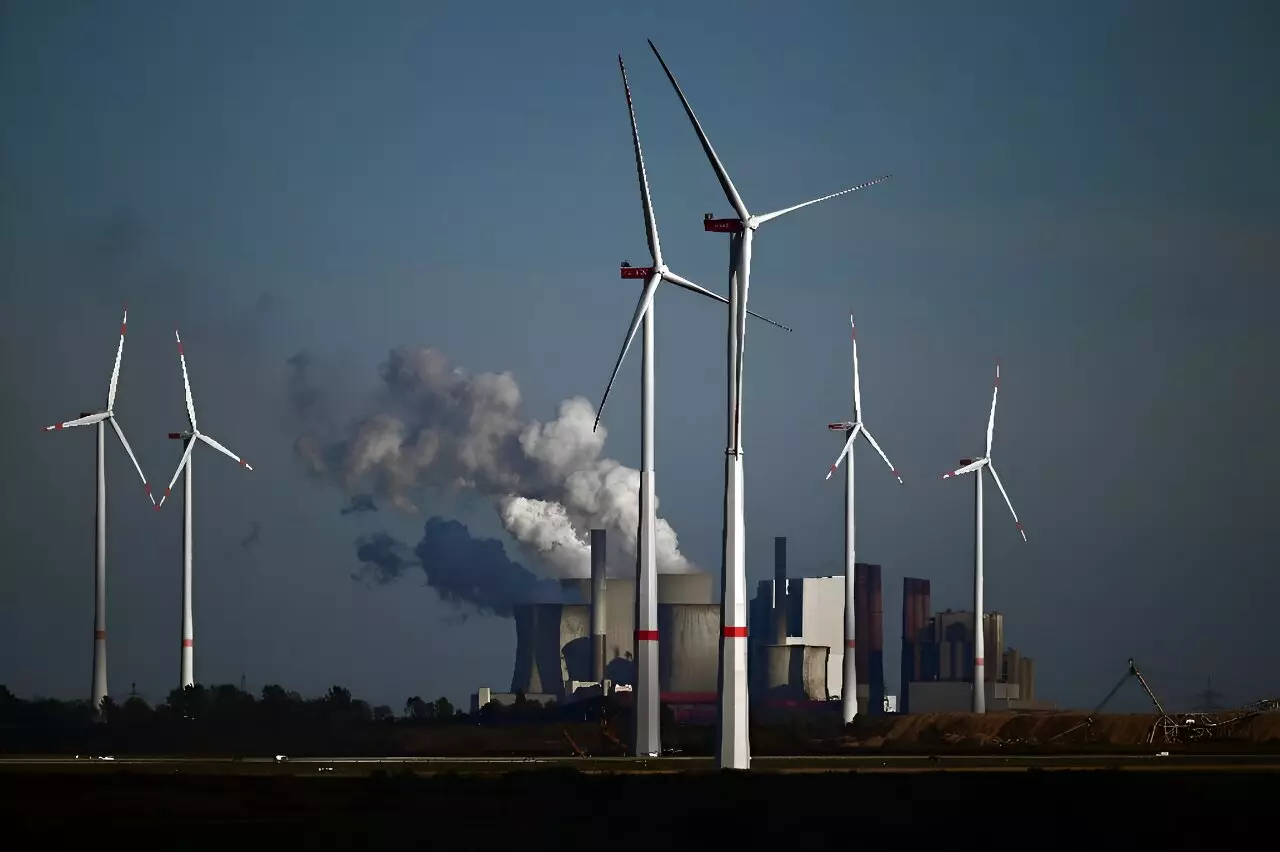European policymakers and industry leaders are sounding the alarm, warning that Europe must act swiftly and invest significantly in its energy transition if it wants to maintain its status as a global industrial power. The urgency stems from the fact that other global players such as the United States, China, India, Japan, and South Korea are already implementing ambitious industrial programs to drive their clean energy transitions. To discuss the financial and public policy tools needed to unleash the necessary investments, the International Energy Agency, the European Central Bank, and the European Investment Bank organized a conference in Paris.
One of the major challenges faced by private sector investors in Europe is policy uncertainty. Inconsistent policies regarding clean energy transition create a difficult investment environment, making it harder for businesses to plan and allocate resources effectively. Additionally, bureaucratic red tape, often delaying projects, poses a significant barrier to private sector investment. The higher energy costs in Europe compared to other regions further discourage investors. These obstacles collectively hinder Europe’s ability to attract private sector capital, which is crucial for driving the energy transition.
Leaders at the conference emphasized the need for European policymakers to take bold and swift action. Fatih Birol, the executive director of the International Energy Agency, highlighted Europe’s untapped potential despite its large internal market, skilled workforce, and remarkable research and development capabilities. He urged policymakers to translate ambition into action to solidify Europe’s position as a global industrial powerhouse.
European Central Bank President Christine Lagarde echoed this sentiment, stressing the importance of avoiding procrastination. She cautioned against the false belief that postponing climate targets would alleviate the cost of the transition. Lagarde emphasized that delaying action would only lead to a higher price tag in the future while compromising Europe’s competitiveness. Instead, she called for proactive measures and timely investments to accelerate Europe’s clean energy transition.
Werner Hoyer, the President of the European Investment Bank, emphasized the need for industries to adapt promptly and embrace change or face the risk of being left behind. Hoyer emphasized that massive and rapid investments in net-zero technologies are necessary to ensure that Europe remains an attractive place for business, where innovation thrives and new ideas flourish. Such investments would also be instrumental in creating wealth and job opportunities across the continent.
The conference took place shortly after the International Energy Agency’s recommendation that wealthy countries should aim for a net-zero target by 2045, five years earlier than previously planned. The move is crucial to align with the Paris Agreement goal of limiting global warming to 1.5 degrees Celsius above pre-industrial levels. Furthermore, the International Energy Agency called on China, the world’s largest polluter, to accelerate its carbon neutrality goal by a decade to 2050.
Europe is at a crossroads in its energy transition journey. To secure its position as a global industrial power, Europe must invest swiftly and massively in clean energy technologies. Overcoming barriers such as policy uncertainty, bureaucracy, and high energy costs is crucial to attracting private sector investment. Bold and timely action from policymakers, along with industries embracing change, will be instrumental in driving the necessary transformation. With the right investments and a proactive approach, Europe can successfully navigate the energy transition and emerge as a leader in the global clean energy landscape.


Leave a Reply